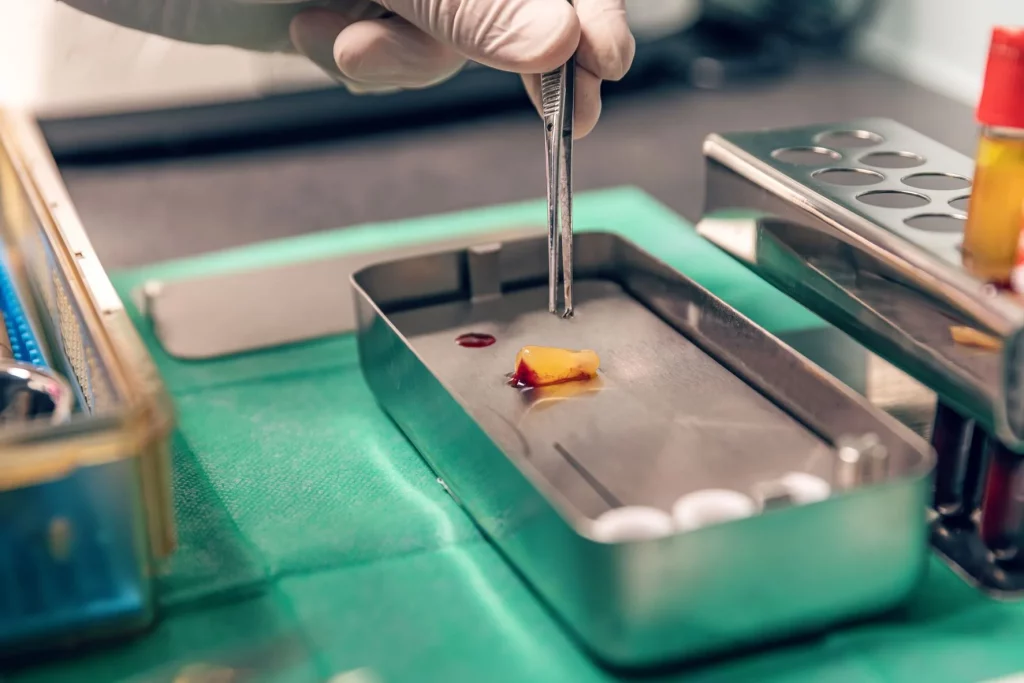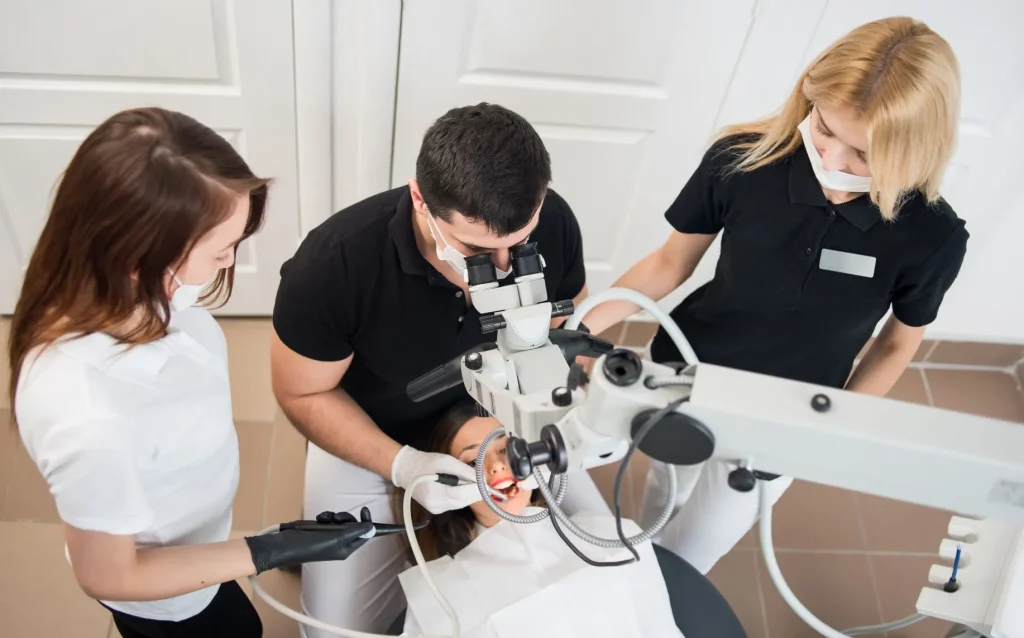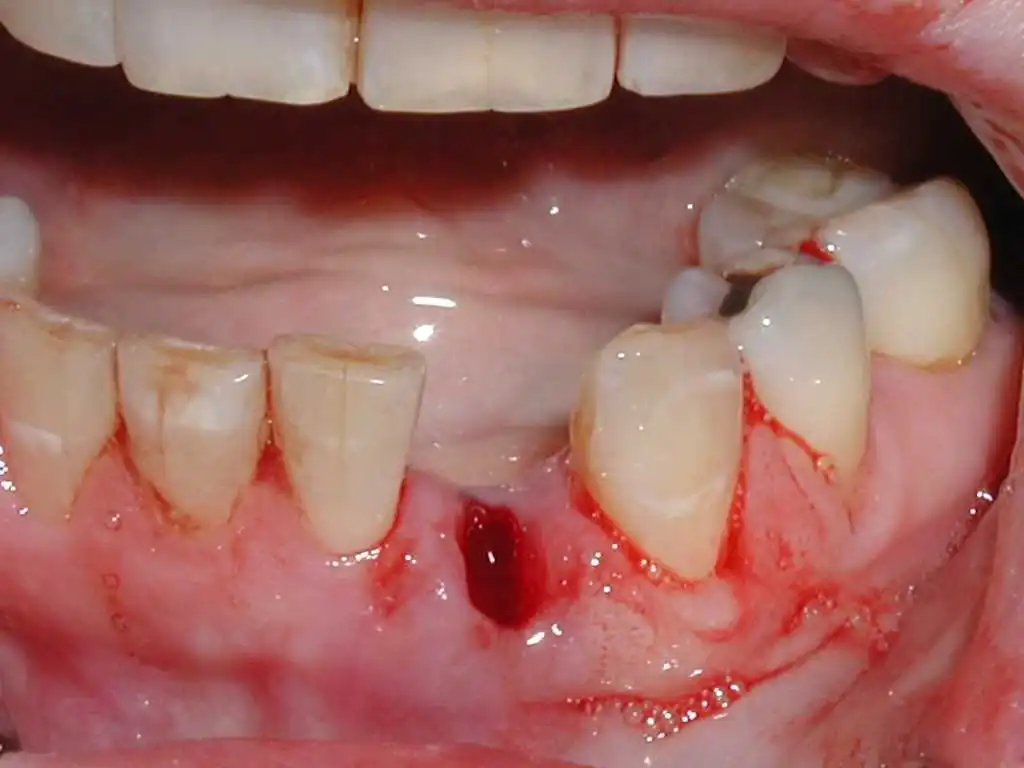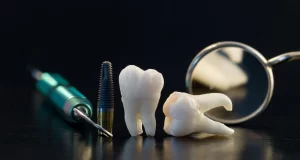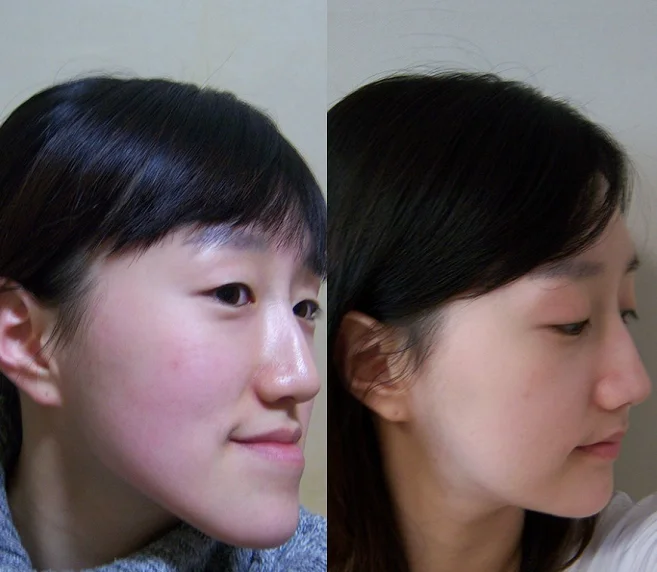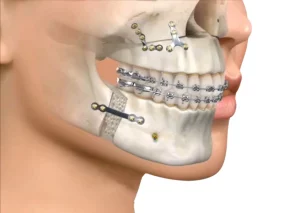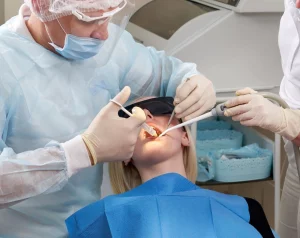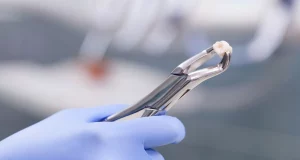© 2022 World Of Dentistry. All rights reserved.
To provide a solution to various oral health situations, dentistry resorts to surgical options.
Some of these surgeries are bone grafts, endodontic intervention, extraction of dental pieces, and rehabilitation with dental implants, among others.
For each intervention, a preparatory and post-surgery stage is required, as well as a care and recovery time.
What benefits do these surgeries offer?
- Recover the lost mandibular bone.
- Treat problems of the temporomandibular joint.
- Correct jaw or mouth injuries.
Each intervention responds to a specific diagnosis and requires a preparatory stage and a post-surgery recovery stage.
In this section, detailed information is shared on the different types of dental surgical interventions that are required for the treatment of some cases.
Fact Checked
Our team of writers, editors, and medical experts rigorously evaluates each article to ensure the information is accurate and exclusively cites reputable sources.
Dental bone grafting is a surgical procedure that allows the recovery of lost jaw bone by implanting bone tissue in the operated area.
This rehabilitation treatment is necessary when a significant amount of bone has been lost in the jaw. The objective is to rebuild the bone structure and recover functionality and restore dental aesthetics.
A person can lose a jaw bone due to the following situations:
- Advanced periodontal disease
- Loss of dental pieces, the extraction of them.
- A traumatic injury.
What are the alternatives to recover the lost bone? This note is a quick guide on managing this oral health condition.
Lack of bone tissue in the jaw leads to loosening or falling out of the teeth. It is also a barrier to dental rehabilitation with the use of implants.
Endodontic surgery is a treatment to treat infections or inflammations in the dental pulp, the inner part of the tooth where the nerves and blood vessels are.
Some dental conditions for which this surgery is an alternative treatment are:
- Teeth are susceptible to multiple diseases that impact their function and appearance at any time, a situation that has effects on quality of life.
- Caries, gum diseases, dental sensitivity, oral cancer and malocclusion are the pathologies that -frequently- affect oral health.
- Timely treatment of any dental disease is a determining factor in the condition of oral health and, therefore, consulting on time and receiving the required treatment is a basic condition for comprehensive well-being.
Endodontic surgery is a safe and effective technique to treat specific dental problems that cannot be solved with conventional endodontics, but it does not guarantee long-term dental health. Furthermore, in some cases, it is not a viable solution.
In this note, you will find information about the procedure and its stages.
This surgery is used when traditional endodontics does not solve the dental event.
Tooth extractions are a common dental procedure that involves the removal of a tooth or teeth from the patient’s mouth. They may be necessary for various reasons:
- Advanced dental caries.
- Impacted teeth.
- Effects of periodontal disease.
- Processes related to orthodontic treatment.
Here you will find information about this procedure. The situations in which it is necessary to extract the piece, the care after the intervention, and suggestions to locate the ideal professional.
Tooth extractions can be simple or complex. This depends on the ease or difficulty of accessing the dental piece that is to be intervened.
Although the extraction of a dental piece (exodontia) is a routine process, it is necessary that it be performed by a dentist trained in the area. If any unsuccessful procedure is presented during the intervention, complex management and care situations can be generated.
Jaw surgery is a procedure that allows one to correct different problems related to the jaw and improves its function.
If you have jaw difficulties that have not been resolved with orthodontic treatment, jaw surgery is a corrective option.
Jaw surgery is an appropriate therapeutic alternative when the growth stage ends, between the ages of 14 and 16 for women and between 17 and 21 for men.
It is a good therapeutic option to treat:
- Facial asymmetries (imbalances) include small chin, prognathism, overbite, and crossbite.
- Excessive wear and tooth breakage.
- Disadvantages derived from obstructive sleep apnea.
- Chewing and biting difficulties. Among other diagnoses related to the jaw.
What are the alternatives to recover the lost bone? This note is a quick guide on managing this oral health condition.
Jaw surgery is an effective procedure for correcting bite and jaw difficulties and improving jaw function.
What diagnoses can be treated with surgery? What does the intervention consist of? How long does the recovery take? What risks does it imply? The answers to these questions can be found in this note.
Oral cancer is a disease in which cancer cells grow in the tissues of the mouth and throat.
Surgery is a treatment option for this condition that can be cured if diagnosed early.
Surgery for oral cancer is done to remove any tissue that may be affected.
- Teeth are susceptible to multiple diseases that impact their function and appearance at any time, a situation that has effects on quality of life.
- Caries, gum diseases, dental sensitivity, oral cancer and malocclusion are the pathologies that -frequently- affect oral health.
- Timely treatment of any dental disease is a determining factor in the condition of oral health and, therefore, consulting on time and receiving the required treatment is a basic condition for comprehensive well-being.
Receiving timely care from an expert medical team is a relevant factor in achieving a good result from surgery.
To learn more about this therapeutic alternative to treat oral cancer, keep reading.
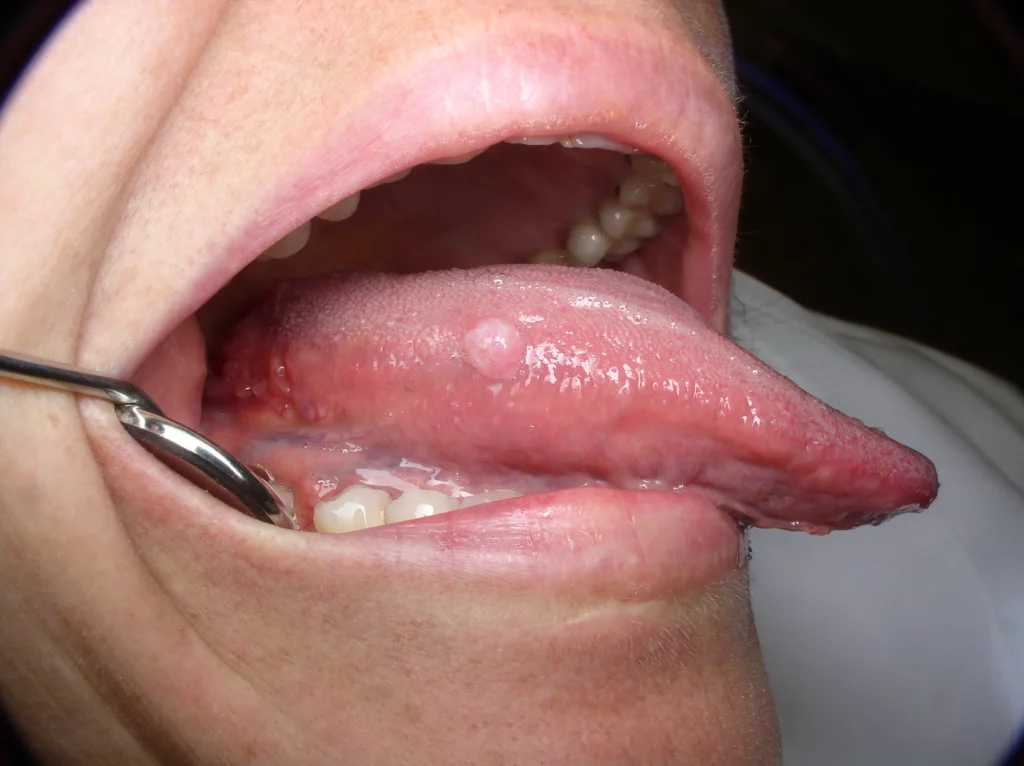

Surgical intervention can be complemented with other therapeutic alternatives, such as radiotherapy and chemotherapy, with the purpose of eliminating the remaining tissue that is impacted and thus reducing the risk of recurrence.
Oral and maxillofacial surgery is a specialty of dentistry that focuses on the diagnosis and treatment of diseases and injuries that affect the mouth, teeth, jaws, head, and neck.
Oral and maxillofacial surgery is not exclusively for adults. Children may also require surgical procedures of this specialty.
Other diagnoses covered by oral and maxillofacial surgery are:
- Impacted wisdom teeth (wisdomteeth)
- Traumatic injuries, such as broken jaws or facial bones.
It is a therapeutic alternative to improve facial aesthetics and correct problems such as a protruding jaw or a weak chin.
Learn about the different therapeutic solutions offered by oral and maxillofacial surgery to rehabilitate the functionality of the mouth and recover oral health.
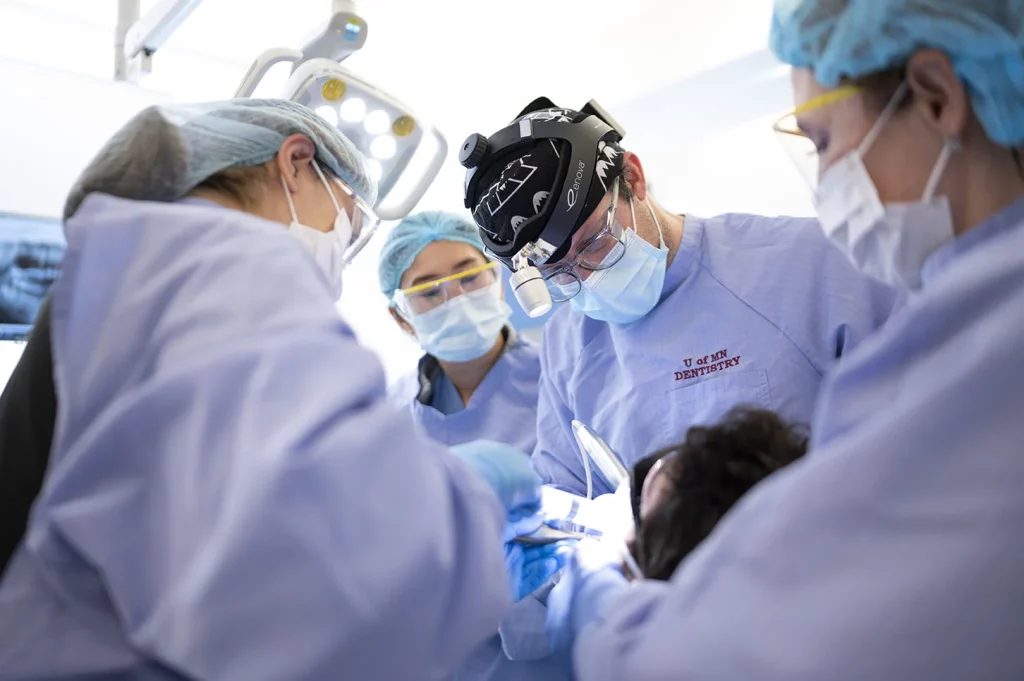

Among the most common procedures performed by this specialty are tooth extraction, removal of cysts and tumors from the mouth and jaw, placement of dental implants, correction of abnormal bites, apicoectomy, and jaw surgery.
Preparation prior to dental surgery is crucial to ensure the success of the procedure and minimize risks.
The preoperative phase covers different aspects. Some of them are:
- Talk in advance with the dentist / oral surgeon.
- Specify the health condition you have at the time of surgery.
- Inform about treatments in courses and/or allergies that are taken with some medications.
- Physical conditions that you must have on the day of the intervention.
Know the details of the stage prior to dental surgery.


The development of the preparatory phase for the intervention is part of the surgical treatment plan and affects the conditions that can occur during surgery, as well as its subsequent effects.
Dental surgery is a procedure that is frequently performed to treat various oral problems.
After dental surgery, it is necessary to follow some care to ensure a quick and complication-free recovery.
After dental surgery, recovery time can range from 7 to 15 days, depending on the type of intervention. More complex surgical interventions will take longer.
Some basic care for the recovery time:
- Brush teeth gently
- Eat a bland diet
- Rest adequately
If you will have dental surgery in the near future, here is a guide that will help you manage the time after the intervention and achieve a speedy recovery.
To achieve a successful recovery after surgery, it is necessary to follow the recommendations provided by the dentist.




